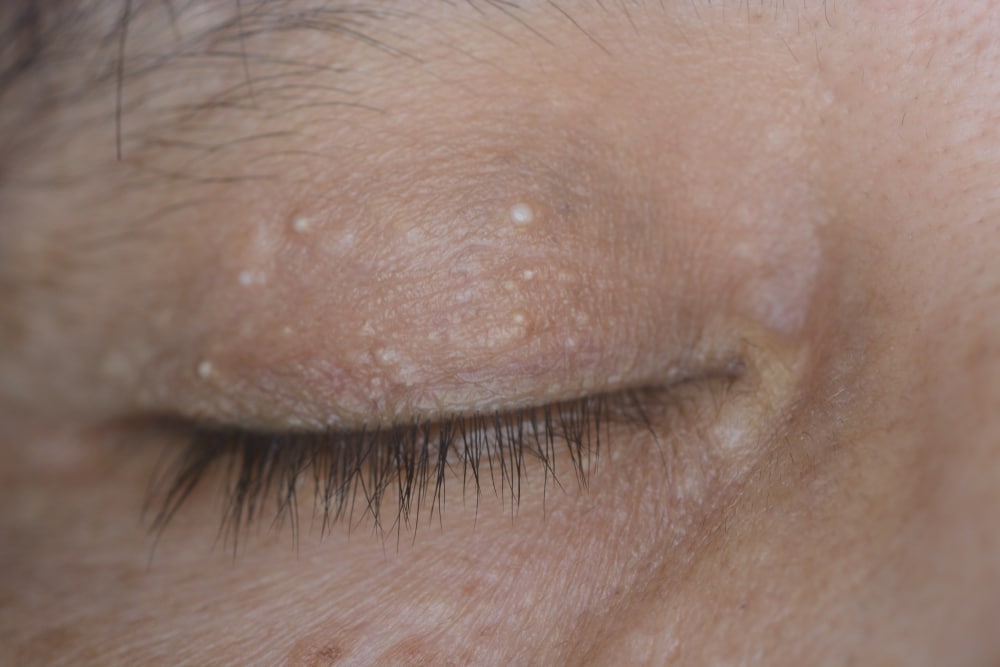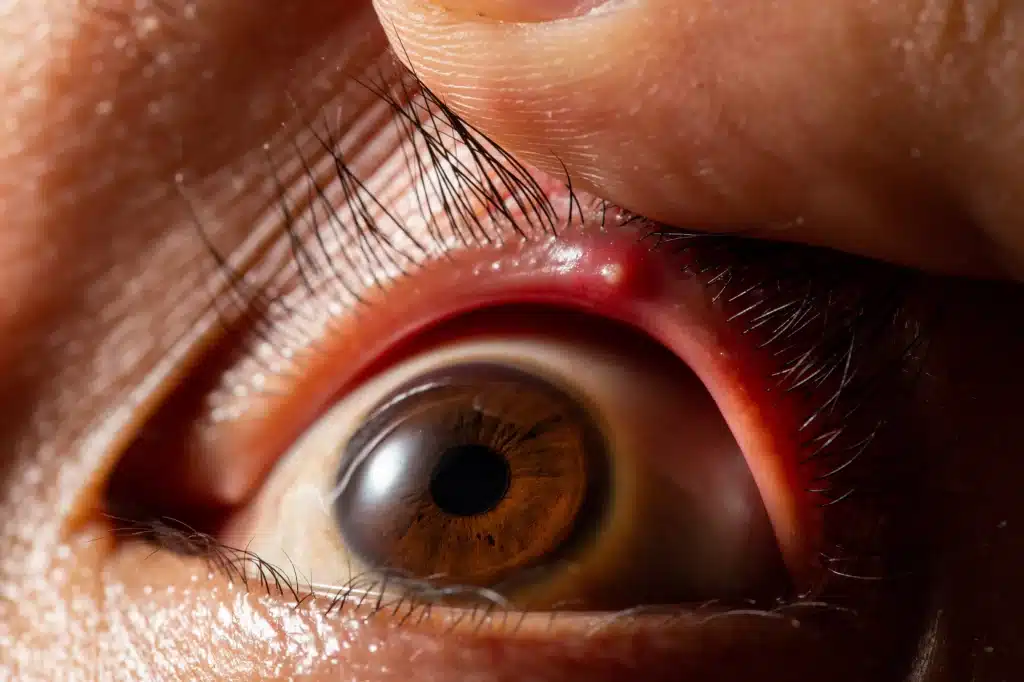Medically Reviewed by: Edward C. Wade, M.D., F.A.C.S.
Stay in Shape to Protect Your Eyes
Diet and lifestyle choices can directly affect your eyes. May is Healthy Vision Month and the best way to take care of your eyes is to look after your overall health and get annual eye exams. Exercising, eating right and stop smoking are three of the best investments you can make in your vision.
The American Academy of Ophthalmology encourages you to find ways to be healthier, so your vision will last a lifetime. Making healthy choices and getting regular eye exams can help reduce the risk of getting some eye diseases and can reduce vision loss or slow down the disease if you do have age-related macular degeneration, diabetic retinopathy or glaucoma.
- Make Eye-Healthly Food Choices: A diet low in fat and rich in fruits, vegetables and whole grains benefits the entire body, including the eyes. Studies show that foods rich in vitamins C and E, zinc, lutein and zeaxanthin are good for eye health. These nutrients are linked to lower risk for age-related macular degeneration (AMD) and dry eye later in life. Eye-healthy food choices include citrus fruits, vegetable oils, nuts, whole grains, dark green leafy vegetables and cold water fish.
- Quit Smoking: Avoiding smoking and second hand smoke — or quitting, for current smokers — are some of the best investments everyone can make for long-term eye health. Smoking increases risk for eye diseases like cataract and age-related macular degeneration and raises the risks for cardiovascular diseases that indirectly influence eyes’ health. Tobacco smoke, including second-hand smoke, also worsens dry eye.
- Maintain Normal Blood Pressure, Cholesterol and Glucose Levels: High blood pressure, cholesterol and blood glucose (sugar) levels all increase the risk of vision loss from an eye disease. Keeping these under control will not only help one’s eyes but also overall health.
- Get Regular Physical Activity: Not only does 30 minutes of exercise a day benefit one’s heart, waistline and energy level, it can also do the eyes a world of good! Many eye diseases are linked to other health problems, including high blood pressure, diabetes and high cholesterol levels.
- Know the Symptoms of Vision Loss: Signs of vision loss may become apparent as reading, writing, shopping, watching television, driving a car and/or recognizing faces become more difficult. Vision loss that may be noticed by friends and family include missing, bumping into or knocking over objects, stepping hesitantly, and squinting or tilting the head when trying to focus.
- Get Regular Eye Exams: Adults age 65 and over should get a medical eye exam every one-to-two years. Regular eye exams are crucial in detecting changes in vision, which may be a symptom of a treatable eye disease or condition.
Related Articles
Financing Options Available
Apply today to find a financing option that meets your needs.
Our Locations
Houston/Bellaire
6565 W. Loop S., Suite 650Bellaire, TX 77401
Medical Office:
713-797-1010
Medical Fax:
713-357-7276
LASIK/Near Vision:
Office: 713-395-1515
Fax: 713-357-7278
Pasadena
4415 Crenshaw RoadPasadena, TX 77504
Medical Office:
281-977-8800
Medical Fax:
281-977-8877
Sugar Land
15200 S.W. Freeway, Suite 130Sugar Land, TX 77478
Medical Office:
281-277-1010
Medical Fax:
281-277-4504
Clear Lake
455 E. Medical Center Blvd., Suite 110Webster, TX 77598
Medical Office:
281-332-1397
Medical Fax:
281-282-9152
Katy
Greenhouse Medical Plaza2051 Greenhouse Road, Suite 110
Houston, TX 77084
Medical Office:
346-547-7070
Medical Fax:
281-214-2971
The Woodlands/Conroe
100 Medical Center Blvd., Suite 118Conroe, TX 77304
Medical Office:
936-647-1610
Medical Fax:
936-647-1620


